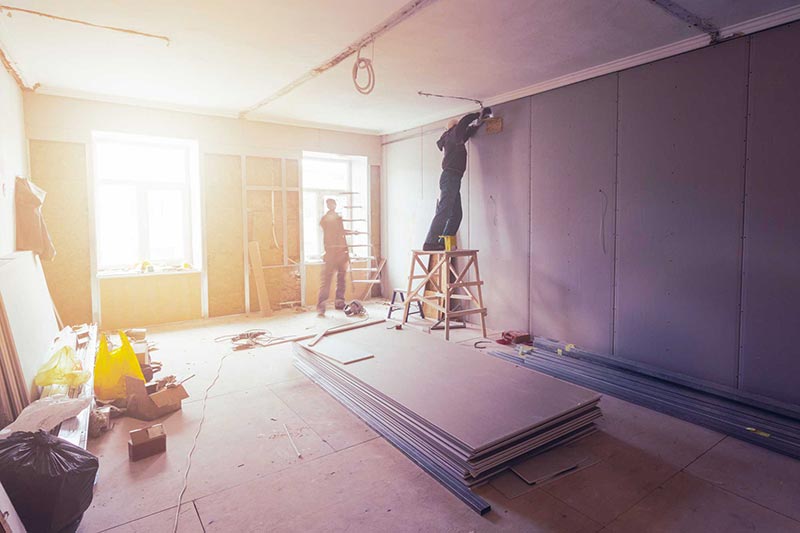
How to Reduce Commercial Liability Exposure
Commercial property damage can affect more than just your business. What happens when your property damage affects the business next door? Or worse, a customer?
Business liability insurance provides defense and coverage against claims for bodily injury and property damage. However, even the best policy can’t reduce commercial liability exposure.
Below, the expert technicians at Professional Restoration share their best tips for avoiding business liability claims.
Dangerous Conditions Lead to Liability Claims
According to Colorado’s Premises Liability Statute, the responsible party, landowner, or “an authorized agent or a person in possession of real property” is legally responsible for the “condition of real property or for the activities conducted or circumstances existing on real property.”
When someone is injured on the property due to negligent conditions, activities, or circumstances, the injured party can sue for compensation.
Property owners are deemed negligent when they’ve breached their duty to avoid dangerous conditions on their property.
A leaky pipe, sewer backup, and other common property problems can lead to litigation if dangerous conditions aren’t addressed swiftly and properly restored.
Moreover, Colorado’s statute doesn’t limit itself to the owners or lessees of a property but extends to those legally responsible for maintaining, controlling, and securing the property as well (e.g., property managers, maintenance companies, contractors, snow removal services, etc.).
Accidents can happen anytime, but they’re far more likely to occur after significant property damage (i.e., fire, flood, earthquake, etc.) or during construction. Te best way to avoid a lawsuit is to mitigate liability exposure.
Limit Commercial Liability Exposure
There are steps you can take to avoid hazards on a commercial property. Below, our reconstruction experts share their top tips:
- Ensure adequate lighting is always available
- Walkways, stairways, and bathrooms are accident-prone areas; all commercial space should be assessed for hazards on a regular basis
- Check for cracks, uneven surfaces, and other hazards on the floor
- Cordon off areas that are not safe; do not leave a hazard unattended
- Prevent sewage backup by reminding employees and customers not to throw trash (e.g., diapers, paper towels, tampons, etc.) in the toilet
- Avoid clutter. In case of fire, clutter provides fuel for flames and may block access to important emergency equipment
- Add security features (flood lights, security cameras, etc.) to avoid theft, arson, vandalism, and other property crimes
- Store chemicals like cleaning supplies in a ventilated area
Stay proactive to spot potential liability issues. Again, this is particularly important if the property recently suffered damage due to fire, flood, or during commercial renovations.
Bundle Insurance and Save
Property damage often stretches much further than originally anticipated. Forgetting to cordon off a flooded bathroom, for example, can result in a slip and fall case or worse.
Insurance isn’t free, but it can save you and your business a lot of money in the event of a property disaster. You can save some money by bundling insurance policies.
Talk to your insurer about bundling general liability and commercial property insurance to save on monthly premiums. Insurers often refer to this as a Business Owner’s Policy (BOP).
Stay informed to avoid other property pitfalls. Follow Professional Restoration on Twitter, or ‘like’ us on Facebook.

